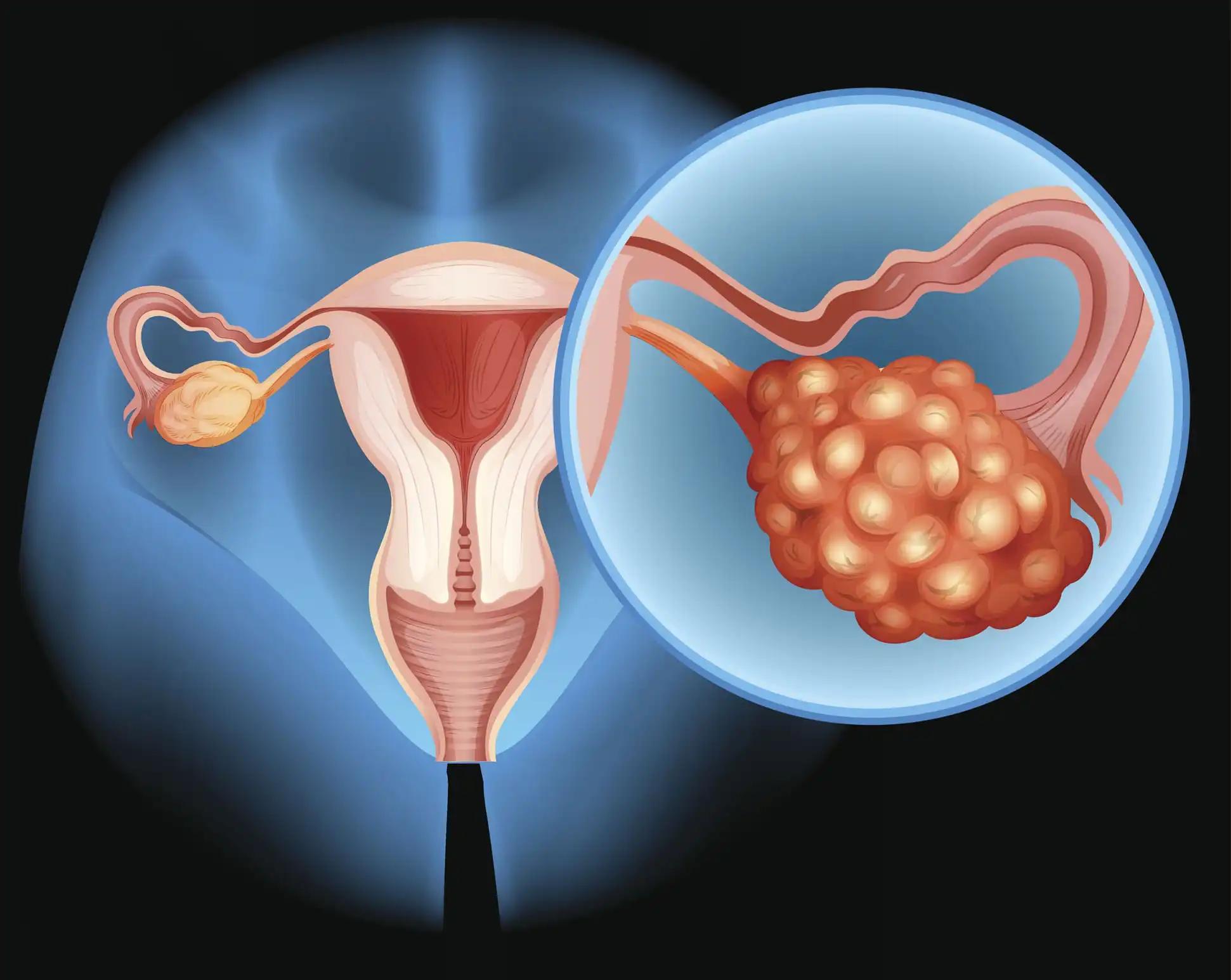KEY TAKEAWAYS
- The study aimed to explore lncRNA LINC00665’s role in OC stemness and its effects on treatment resistance and progression.
- Researchers noticed that targeting lncRNA LINC00665 may reduce drug resistance and tumor recurrence in OC.
Xiaofang Liu and the team aimed to explore how lncRNA LINC00665 influences ovarian cancer (OC) stemness and its effect on treatment resistance and cancer progression. By focusing on the interaction between LINC00665 and CNBP mRNA, the research delves into how this lncRNA modulates stem cell properties and contributes to the development of drug resistance and tumor recurrence.
They performed an inclusive analysis by isolating ovarian cancer stem cells (OCSCs) from the COC1 cell line using a combination of chemotherapeutic agents and growth factors and verified their stemness through western blotting and immunofluorescence for stem cell markers.
Bioinformatics tools were employed to identify lncRNAs associated with OC, focusing on LINC00665 and its interaction with CNBP mRNA. Expression and localization of LINC00665 and CNBP were examined using in situ hybridization, immunohistochemistry, and qPCR. Additionally, functional assays were conducted to assess the impact of LINC00665 on CNBP in both cell lines and patient samples.
About LINC00665, it was found to use its Alu elements to interact with the 3′-UTR of CNBP mRNA, leading to its targeted degradation. This molecular interaction enhances stemness by facilitating the STAU1-mediated decay of CNBP mRNA, which in turn modulates the Wnt and Notch signaling pathways critical for maintaining cancer stem cell (CSCs) characteristics and promoting tumor progression.
These findings were confirmed through a series of in vitro assays and validated in vivo using tumor xenograft models. Additionally, a positive correlation was established between elevated CNBP levels and increased disease-free survival (DFS) in patients with OC, highlighting the prognostic significance of CNBP in this disease.
The study concluded that lncRNA LINC00665 enhances stemness in OC by mediating the degradation of CNBP mRNA. This identifies LINC00665 as a potential therapeutic target for addressing drug resistance and tumor recurrence associated with CSCs.
This study was funded by grants from the National Natural Science Foundation of China for Young Scientists of China (Grant No. 81902658, YZ; Grant No. 82303040, XL); the Science Foundation for Outstanding Young Scholars of Liaoning Province (Grant No. 2022-YQ-16, YD); 345 Talent Project of Shengjing Hospital (Grant No. M1400, YD); and the Project of City-University Cooperation (Grant No. 2400022047, YD); Liaoning Province Science and Technology Plan Joint Program Project (Grant No. 2023JH2/101700105, XL).
Source: https://pubmed.ncbi.nlm.nih.gov/39080743/
Liu X, Chen Y, Li Y, Bai J, et al. (2024). “STAU1-mediated CNBP mRNA degradation by LINC00665 alters stem cell characteristics in ovarian cancer.” Biol Direct. 2024 Jul 30;19(1):59. doi: 10.1186/s13062-024-00506-w. PMID: 39080743; PMCID: PMC11288052.



